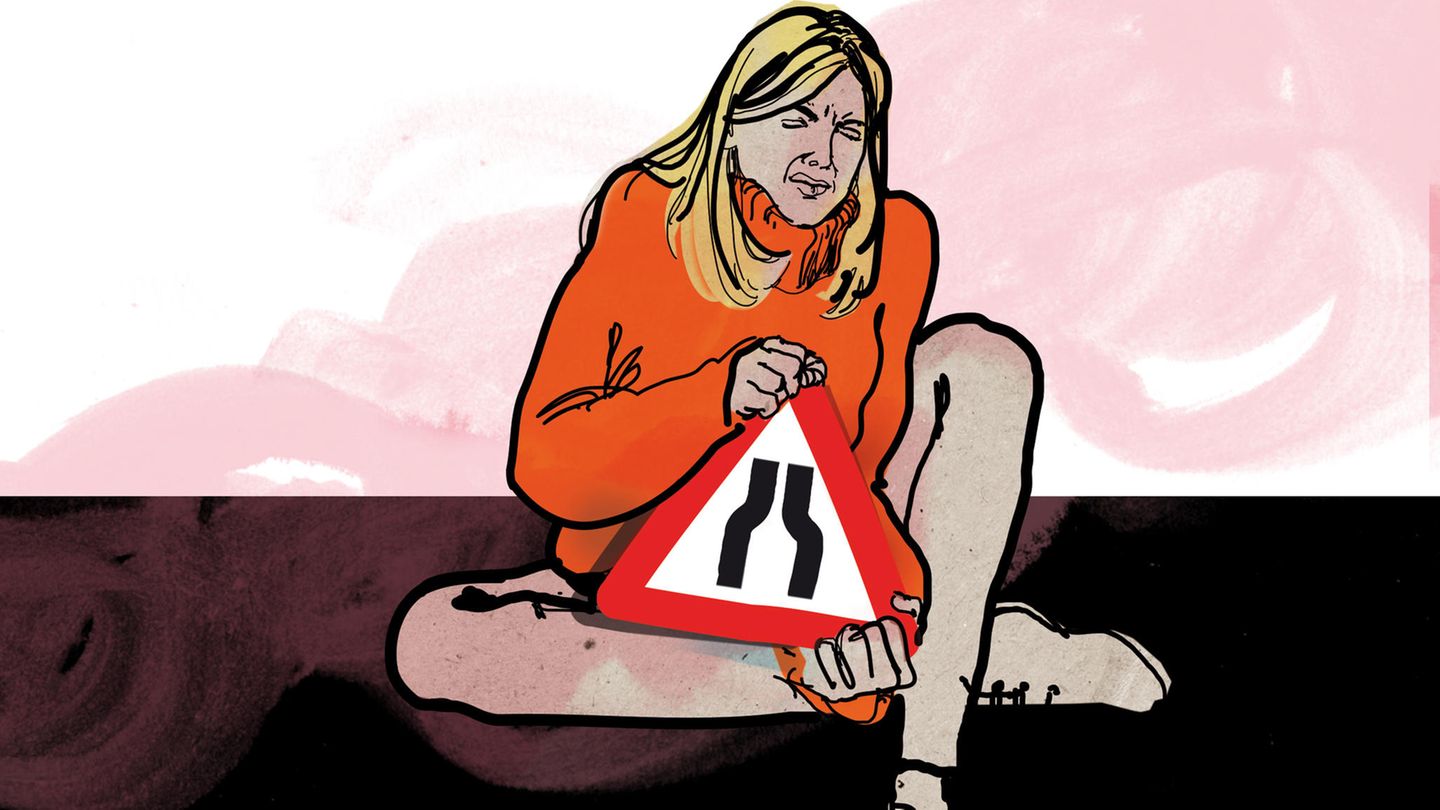In the summer of 2022, the traffic light government let Germans travel by train and bus almost for free. Not a good investment considering rail and car traffic, say economic researchers.
Economic researchers are skeptical about the 9-euro ticket and the Deutschlandticket. According to a study by the Ifo Institute with the universities of Erlangen-Nuremberg and Salzburg, the 9-euro ticket, which was valid for a limited period from June to August 2022, reduced car traffic by 4 to 5 percent. “Because the trains were more heavily used, trains were delayed 30 percent more often.”
This has mainly affected regional transport, but indirectly also long-distance trains. The 9-euro ticket meant that almost 430,000 more people travelled by train every day than before. The railway was used more, especially at weekends. “In contrast, the decline in car journeys during the classic commuting times during the week was small,” says Nuremberg professor Mario Liebensteiner. His colleague Sarah Necker says: “The 9-euro ticket cost the federal government 2.5 billion euros and only reduced car traffic slightly. This made it an expensive and inefficient climate protection measure.”
The researchers write that the Deutschlandticket is likely to have a similar, albeit weaker, effect to the 9-euro ticket. It will benefit those who have already regularly used public transport and now have to pay less for it.
Source: Stern




